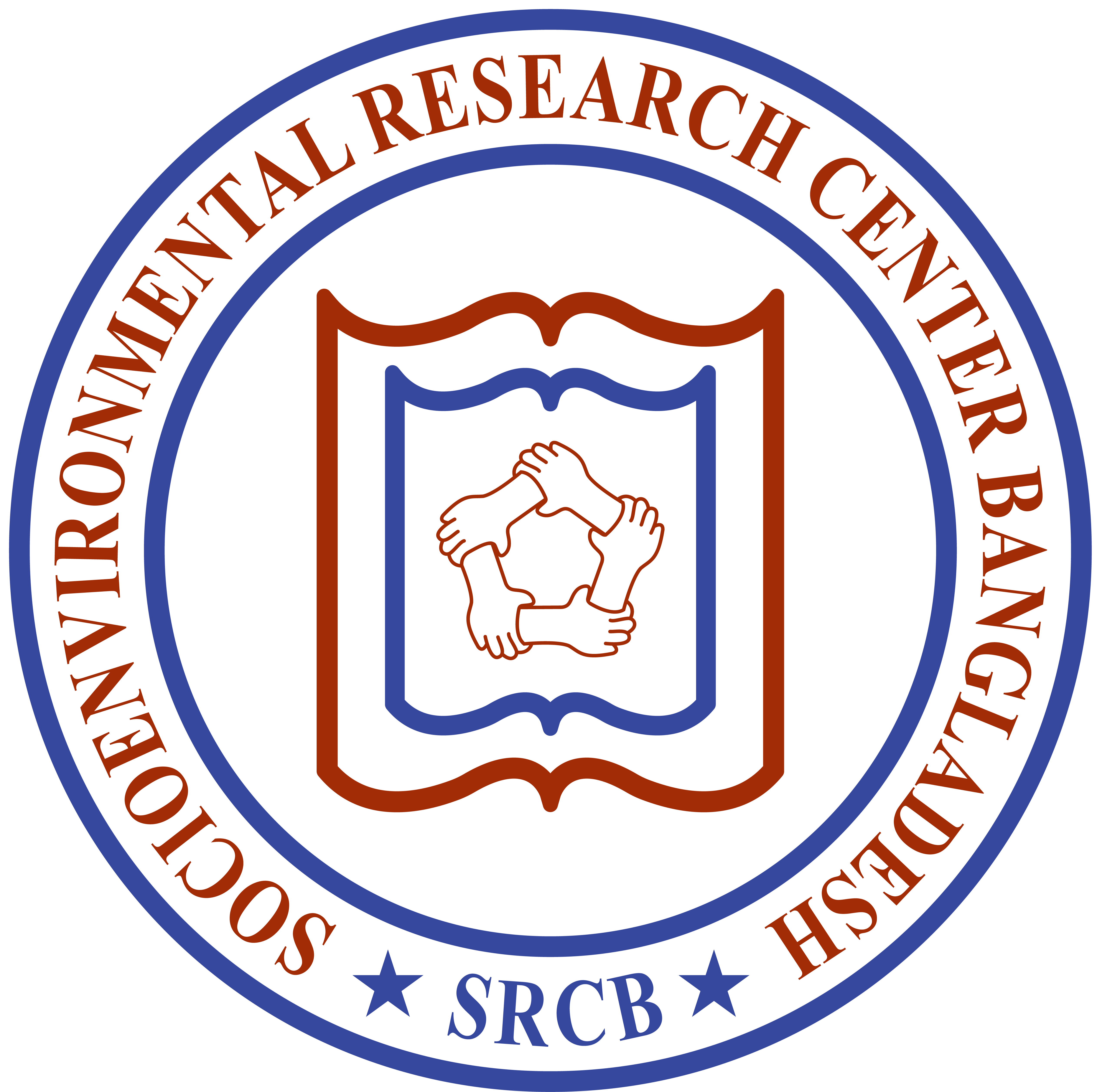Overview of the study
Student movements against discrimination have evolved into more extensive mass movements against the government due to factors such as intensified complaints, influence of social media, and political environment. These movements have grown from initial protests against governmental overreach and discrimination to calls for democratic changes and government accountability. In Bangladesh, student movements have traditionally moved from fighting discrimination and unfair educational practices to opposing authoritarian rule. Social media has played a significant role in enabling this transition, as students can quickly plan protests and post their experiences of discrimination on platforms like Facebook and Twitter. The psychological effects of social injustice and prejudice can also spur students to become more politically engaged, addressing systemic problems and personal concerns. Precisely, growing complaints, social media influence, and the larger political environment contribute to the development of anti-government mass movements stemming from student protests against discrimination.
Study Objectives
The primary objective of the study is to assess the aftermath situation of the anti-government protesters who were directly or indirectly affected by the current movement. To fulfill the abovementioned goal, the study has some specific objectives that are as follows:
- To explore the demographic conditions of the protesters;
- To know the reasons of involvement in the current movement;
- To explore the sufferings of the victimized protesters;
- To draw recommendations for reducing the sufferings;
- To suggest some policy suggestions for the betterment of the victimized protesters.
